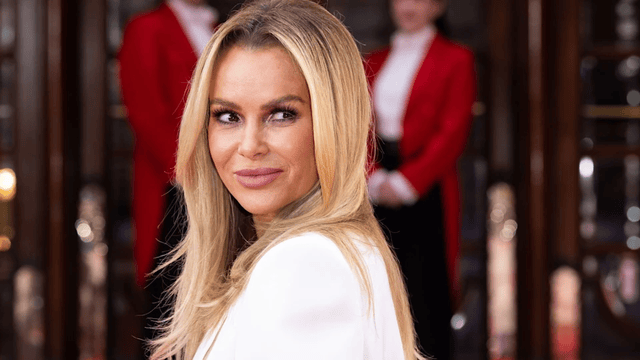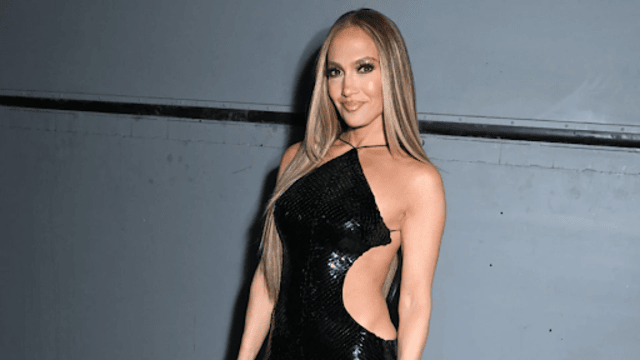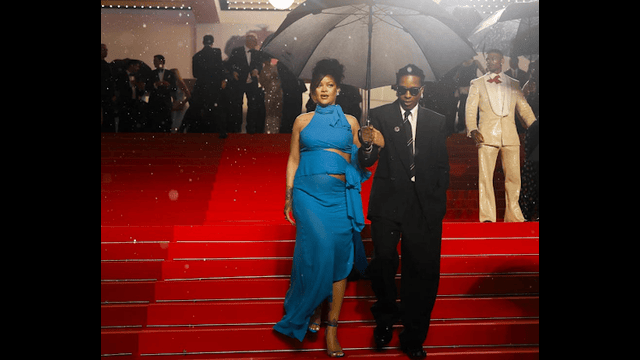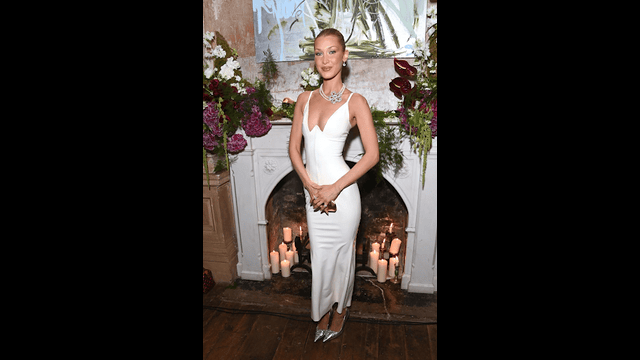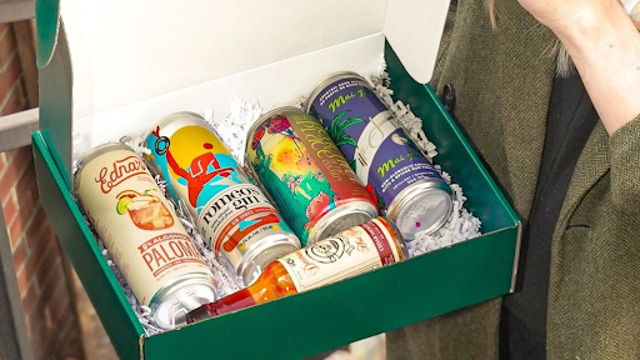
Non-alcoholic drinks, pictured in a handout photo, are becoming more popular as people increasingly prioritize their health and well-being. The Canadian Press
Canadians are increasingly choosing non-alcoholic beverages over traditional drinks like beer, wine, and spirits for various reasons, from celebrations to casual get-togethers. While sober individuals have often been the focus of this trend, many of the consumers driving the change are still choosing to drink alcohol but are looking for healthier and more balanced options.
Dan La Cute, the founder of Hamilton-based Free Bar, an online store selling non-alcoholic drinks, has noticed a shift in consumer preferences. “It’s definitely been a shift,” he said. He explained that many people, particularly those who once reached for alcohol after a long workday, are now opting for non-alcoholic drinks to avoid calories or hangovers. Over the last two years, La Cute has seen more health-conscious consumers embrace this trend, blending their alcohol consumption with non-alcoholic alternatives.
A report from a marketing agency in 2024 revealed that 75% of people who drink non-alcoholic beverages also consume alcoholic drinks, suggesting that these drinks are not replacing alcohol entirely but are being incorporated into a more balanced lifestyle. The study found that younger and middle-aged consumers, driven by health and wellness concerns, are leading the charge. Millennials and Gen Z, in particular, drink less than previous generations. A 2023 Statistics Canada survey showed that two-thirds of Canadians aged 18 to 22 reported not drinking alcohol in the past week, compared to 51% to 57% in other age groups.
La Cute started Free Bar in 2022 with a small base of health-conscious consumers looking for alternatives to traditional alcohol. However, as more research highlighted the potential health risks of excessive alcohol consumption, such as cancer, La Cute’s customer base grew. The Canadian Centre on Substance Use and Addiction released updated guidelines in January 2023, recommending no more than two alcoholic drinks per week. This shift in awareness has led more people to seek non-alcoholic options that provide the same social experience without the health risks.
Andrea Grand, co-founder of Barbet, a sparkling beverage company, has also seen a shift in her customer base. She emphasized that consumers are no longer focusing on a strict divide between alcoholic and non-alcoholic beverages. “It’s less so about this segmentation and the separation, and just more about the freedom of choice,” Grand said. When she and her sister created Barbet, they wanted the drink to be versatile, mixing easily with both alcoholic and non-alcoholic beverages. Grand believes this flexible approach is part of a broader trend where people are rethinking their relationship with alcohol.
Robert Carter, managing partner at StratonHunter Group, also noted the growing popularity of non-alcoholic drinks, which have become a significant revenue stream for both restaurants and beverage companies. In Ontario, the LCBO reported a 73% increase in sales of non-alcoholic beverages in the last year alone, and a staggering 189% growth since 2022. Carter pointed out that while alcohol consumption has been declining, non-alcoholic beverages are experiencing strong double-digit growth, particularly in mocktails and other alternatives.
The surge in demand for non-alcoholic drinks has created room for more innovation. La Cute explained that when he first launched Free Bar, there were fewer options, but now there is a wider variety of products available. He even partnered with a Toronto brewery to create Free Bar’s own brand of non-alcoholic beer.
As non-alcoholic beverages become more widely available in local stores and liquor shops, competition is heating up. La Cute believes that his business stands out by offering a unique craft experience, while Barbet faces competition from both the non-alcoholic sector and the broader sparkling drink market. However, both entrepreneurs are optimistic about the future of the non-alcoholic industry, especially as more online-only sellers move into physical storefronts, increasing accessibility for consumers.




